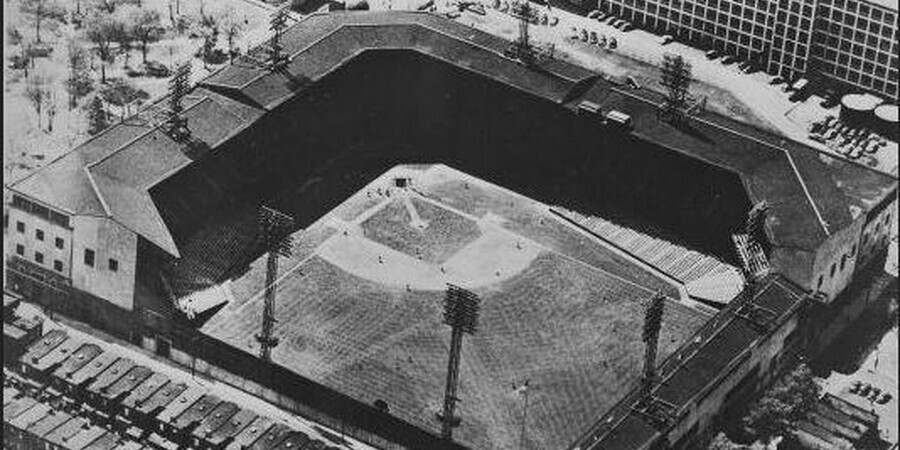PENNSYLVANIA - From bustling city stadiums to small-town diamonds, Pennsylvania's heart beats strong with the history of American baseball. From the earliest days of professional leagues to being a crucial center for Black baseball and the very birthplace of Little League, the Keystone State's contributions have profoundly shaped the game we know and love today.
Pennsylvania's Deep Roots in America's Pastime: A Baseball History
This rich heritage is woven into its cities and towns, reflecting a long-standing passion for baseball.
Pioneering Professional Baseball
The crack of the bat echoed early in Pennsylvania. Cities like Philadelphia and Pittsburgh were at the forefront of establishing professional baseball.
- The Philadelphia Athletics (a name with a long and storied history in the city) and the Philadelphia Phillies were among the nation's first professional teams. Notably, the Phillies hold the distinction of being the oldest continuous, one-name, one-city franchise in all of American professional sports.
- Out west, the Pittsburgh Pirates were also founded in the late 1800s, quickly becoming a formidable force and representing the National League in the very first World Series in 1903.
A Vital Hub for Black Baseball
Pennsylvania, particularly the cities of Philadelphia and Pittsburgh, served as a critical hub for Black baseball during segregation. The state was home to some of the most iconic and successful Negro League teams, including:
- The legendary Homestead Grays boasted numerous hall-of-fame talents and were a dominant force for decades.
- The Hilldale Club (Hilldale Daisies), based near Philadelphia, was another prominent and successful Black baseball team. Many legendary players, such as the incredible Hall of Famer Oscar Charleston, honed their exceptional talents on Pennsylvania's baseball diamonds, leaving an indelible mark on the sport's history.
Innovations and Milestones
Pennsylvania was also a site of significant innovation in baseball:
- Groundbreaking Stadiums: The state saw the construction of some of the earliest modern concrete-and-steel ballparks, such as Shibe Park in Philadelphia (later Connie Mack Stadium) and Forbes Field in Pittsburgh. These venues became iconic settings for decades of baseball history.
- First Radio Broadcast: The game reached new audiences when the first baseball game was broadcast on the radio from Pittsburgh in 1921 (KDKA, covering the Pirates).
The Birthplace of Little League
Pennsylvania's impact on youth baseball is unparalleled. In 1939, Carl Stotz founded Little League Baseball in Williamsport, Pennsylvania. This humble beginning grew into a global phenomenon. To this day, the Little League World Series is played annually in South Williamsport, drawing teams and fans worldwide.
Other Notable Aspects of PA's Baseball Heritage
- Minor League Presence: The Pennsylvania State League was an active minor league in the late 1800s, fostering talent and local rivalries.
- Railroads and Popularity: Expanding railroads across the state significantly increased baseball's popularity, allowing teams and fans to travel more easily.
- The Path to Sunday Baseball: Interestingly, Pennsylvania was the last state to repeal its "blue laws" that prohibited baseball games from being played on Sundays, a significant cultural shift that eventually came in the 1930s, further cementing the game's place in daily life.
Building Communities and Creating Opportunities
Beyond the professional leagues and significant milestones, baseball became a cornerstone in building community spirit in countless Pennsylvania towns and cities. It provided a shared passion, a source of local pride, and new career paths on and off the field for many.



